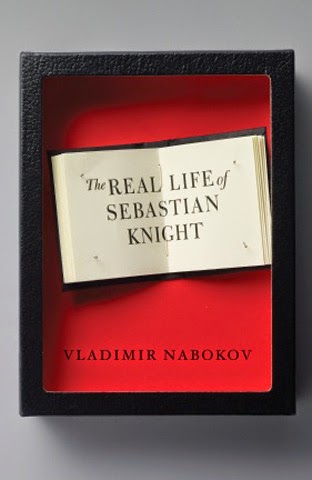There are some works of literature which are permanent fixtures on every reading list. We read these works because they are supposed to be read by everyone. Initially we are introduced to the abridged versions by our parents (mostly) who try to force the reading habit in us by making us read the 'right' thing at the 'right' age. But this is the stage when we stumble upon and are more interested in the 'forbidden'* books on the shelf of an uncle, aunt, elder sibling or grandparent.
 Then there are books which enter our lives as gifts and exit the same way. As we grow older we try and read what we fancy and this trial and error method yields both great finds and horrible reads. Sometimes acquaintances at school/college/work recommend an author and insist that after reading him/her we'll be fans forever. Others give us the book of some writer we've never heard of and we not only absolutely fall in love with that particular book, we try and get our hands on other works by the same author. Or we see a book in the hands of another person; it (the book) arouses our interest, we make a mental note to buy it only to regret it later. Or not.
Then there are books which enter our lives as gifts and exit the same way. As we grow older we try and read what we fancy and this trial and error method yields both great finds and horrible reads. Sometimes acquaintances at school/college/work recommend an author and insist that after reading him/her we'll be fans forever. Others give us the book of some writer we've never heard of and we not only absolutely fall in love with that particular book, we try and get our hands on other works by the same author. Or we see a book in the hands of another person; it (the book) arouses our interest, we make a mental note to buy it only to regret it later. Or not.Internet has made all this process so much more easier and less personal. But no matter how or why, sometimes a book finds you and sometimes, you find the book.
* Forbidden mostly because they are not considered the 'right' book. Tess of the D'Urbervilles falls into this category if you're eight.
Photograph: Farheen Zehra


